FRANCE has issued an ARREST WARRANT for Former Syrian President Bashar Al-Assad
In a significant escalation of international legal actions against Syrian leadership, France has issued an arrest warrant for Bashar al-Assad, the former president of Syria. This move marks a pivotal moment in the ongoing efforts by Western nations to hold accountable those involved in human rights violations during the Syrian civil war, which has devastated the country for over a decade. The warrant, issued by French authorities, accuses al-Assad of involvement in crimes against humanity, specifically related to the use of chemical weapons against civilians, as well as the ongoing repression of the Syrian population during the brutal conflict.
This development has drawn attention from both global human rights organizations and political analysts, as it raises questions about international accountability, the future of Syrian diplomacy, and the broader implications for the Middle East. France, alongside other Western countries, has long been a vocal critic of Assad’s regime, particularly for its brutal tactics against opposition forces and civilians. The arrest warrant is likely to complicate efforts toward any reconciliation or normalization of relations between Syria and the West, as well as further polarize the already fractured region.
The Context: Syria’s Civil War and Human Rights Violations
The Syrian civil war, which began in 2011, has resulted in one of the most devastating humanitarian crises of the 21st century. What began as peaceful protests against the authoritarian rule of Bashar al-Assad quickly escalated into a brutal conflict involving multiple factions, both within Syria and from abroad. Assad’s government, with the backing of Russia and Iran, has been accused of employing extreme measures to suppress opposition groups, including the use of chemical weapons, airstrikes on civilian areas, and widespread torture.
Throughout the war, international human rights organizations, including the United Nations, have documented numerous atrocities committed by the Syrian government forces, including massacres, bombings, and chemical attacks. The 2013 Ghouta chemical attack, which killed hundreds of civilians, is one of the most infamous incidents that led to calls for international justice and accountability. The U.N. and other organizations have repeatedly accused the Syrian government of using chemical weapons against its own people, and Assad’s role in these attacks has been central to ongoing calls for legal action.
The war has displaced millions, leading to one of the largest refugee crises in modern history, with Syrians fleeing to neighboring countries and Europe. Despite these egregious violations, Assad’s regime has managed to retain power, largely due to military and political support from Russia and Iran, which have vetoed international actions against him at the U.N. Security Council. However, the issuance of an arrest warrant by France signifies a shift in the approach taken by some Western nations, indicating that the Assad regime may not be able to evade accountability for its actions indefinitely.
France’s Legal and Political Response to Syria’s War Crimes
France, which has long been one of the most outspoken critics of the Assad regime, has consistently called for the removal of al-Assad from power, citing the widespread atrocities committed during the war. French President Emmanuel Macron has described Assad as a “war criminal” and has voiced support for efforts to hold the Syrian government accountable for the suffering inflicted upon its people.
The arrest warrant issued by French authorities is based on accusations that al-Assad’s regime was involved in using chemical weapons against civilians, a violation of international law. France has been a strong proponent of the use of international law to address war crimes and human rights violations, and the warrant is part of its broader strategy to push for justice for Syrian civilians and bring perpetrators of war crimes to account.
This is not the first time France has taken legal action against individuals associated with the Syrian regime. In 2018, French authorities issued a similar warrant for the arrest of Syrian intelligence officers implicated in torture, and in 2020, they opened an investigation into the regime’s involvement in chemical weapon attacks. The French government has also pushed for European Union sanctions against Syria, targeting key figures in the Assad regime, including military officers and government officials.
However, despite France’s efforts, bringing al-Assad or any other high-ranking Syrian officials to trial faces significant challenges, primarily due to the lack of international consensus and the limited ability of Western nations to directly intervene in Syria. As a result, many critics of the Assad regime feel that the international community has been too slow or ineffective in holding those responsible for the war crimes accountable.
Bashar Al-Assad: The Leader at the Center of Controversy
Bashar al-Assad has been the focal point of the international debate over Syria since the conflict began. Taking office in 2000 after the death of his father, Hafez al-Assad, who ruled Syria for over three decades, Bashar was initially seen by many in the West as a potential reformer. However, his crackdown on the 2011 protests, which eventually led to the full-scale civil war, shattered any hopes for democratic change in Syria.
Over the course of the war, Assad’s brutal tactics—especially his use of chemical weapons against civilians—have cemented his reputation as a dictator willing to use any means necessary to retain power. The Syrian government has consistently denied these allegations, claiming that opposition forces were responsible for chemical attacks. However, independent investigations, including those conducted by the Organization for the Prohibition of Chemical Weapons (OPCW), have found evidence that points to the Syrian government’s direct involvement in chemical weapons attacks.
Despite these accusations, Assad has managed to retain control of much of Syria, with the help of his allies, Russia and Iran. Both countries have provided critical military and diplomatic support, ensuring that Assad remains in power even as the conflict has caused widespread devastation. In 2018, after a series of military victories, Assad appeared to solidify his grip on power, and since then, he has slowly regained territory previously held by opposition forces. However, his control is still contested in certain regions of Syria, particularly in the northeast, where Kurdish forces and U.S. military presence remain.
The arrest warrant issued by France further complicates Assad’s position in international diplomacy. Although he has been able to weather diplomatic and economic sanctions from Western countries, his image as a leader is increasingly tarnished. The legal pressure from countries like France serves as a reminder that, despite his military victories, Assad is far from free from international scrutiny or the threat of prosecution for his actions during the war.
The International Impact: A Symbol of Accountability or an Empty Gesture?
The issuance of an arrest warrant for Bashar al-Assad by France is a significant symbolic gesture, but its practical impact on the Syrian leader’s future remains uncertain. Given that Assad is unlikely to travel to France or any other country willing to enforce the warrant, the arrest order may ultimately serve more as a political statement than a concrete step toward prosecution.
However, the move also sends a message to other regimes and leaders involved in conflicts that the international community will continue to push for accountability for war crimes. It is part of a broader global effort to hold perpetrators of atrocities responsible, regardless of their position in power or the political alliances they maintain.
One of the challenges in holding Assad accountable is the lack of a strong international mechanism for prosecuting leaders who commit war crimes in countries like Syria, where the government has a powerful military and is protected by influential allies. While international courts like the International Criminal Court (ICC) have the mandate to prosecute individuals for war crimes, Syria is not a signatory to the Rome Statute, which means that it is not obligated to cooperate with the ICC. The U.N. Security Council, where Russia and China have veto power, has been unable to pass any resolutions that would directly affect Syria’s leadership.
Despite these challenges, the French warrant may set a precedent for further actions against Assad and other Syrian officials. It is part of a broader push for justice, which includes ongoing investigations into the use of chemical weapons and other human rights violations. For many advocates of Syrian justice, this is a long-overdue step in the fight for accountability.
What’s Next for Bashar Al-Assad?
The future of Bashar al-Assad remains uncertain, as Syria continues to grapple with the aftermath of a decade-long war. While the arrest warrant issued by France may not immediately lead to Assad’s arrest, it reflects a growing international consensus that he must be held accountable for his role in the atrocities committed during the war.
For Syria, the path to stability and peace remains a distant goal. The war may have reached a military conclusion in many areas, but the political, social, and humanitarian repercussions are still deeply felt. The arrest warrant represents not just a legal challenge to Assad’s regime but a moral statement that leaders who engage in mass atrocities should not go unpunished, regardless of their power or international alliances.
As international pressure continues to mount, the question remains whether Assad’s regime will face the justice it deserves, or if global geopolitics will continue to shield him from accountability. Only time will tell whether this legal action marks the beginning of a new chapter in Syria’s long road to recovery and justice.
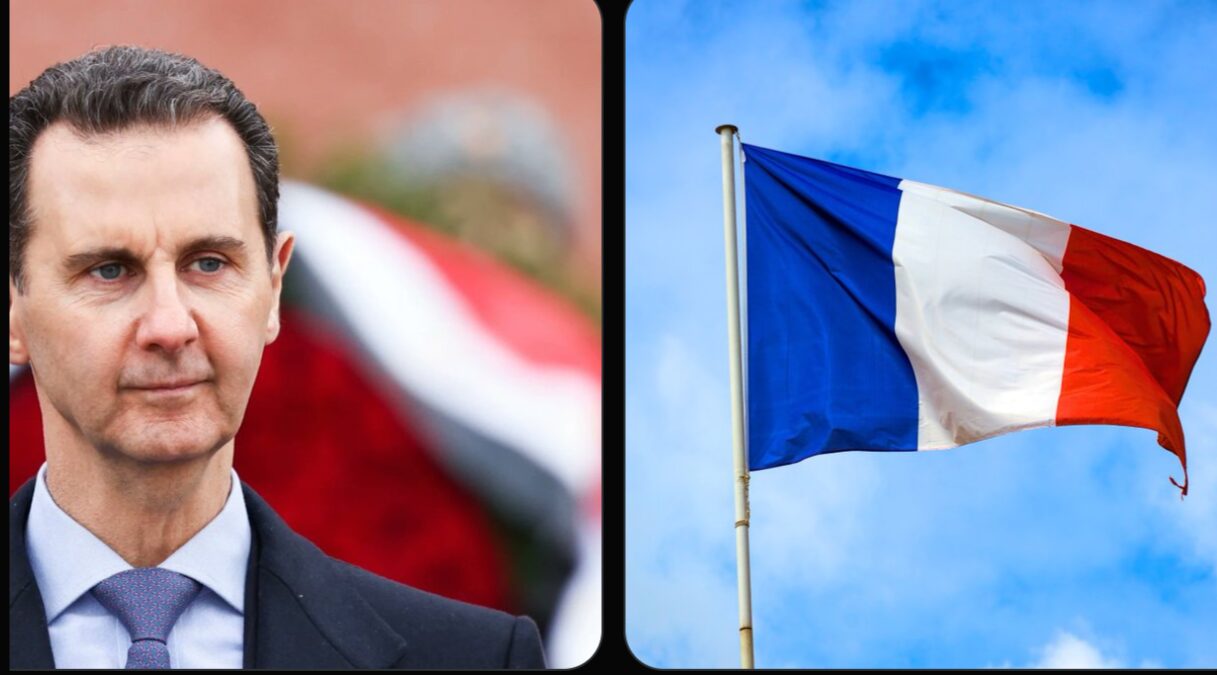
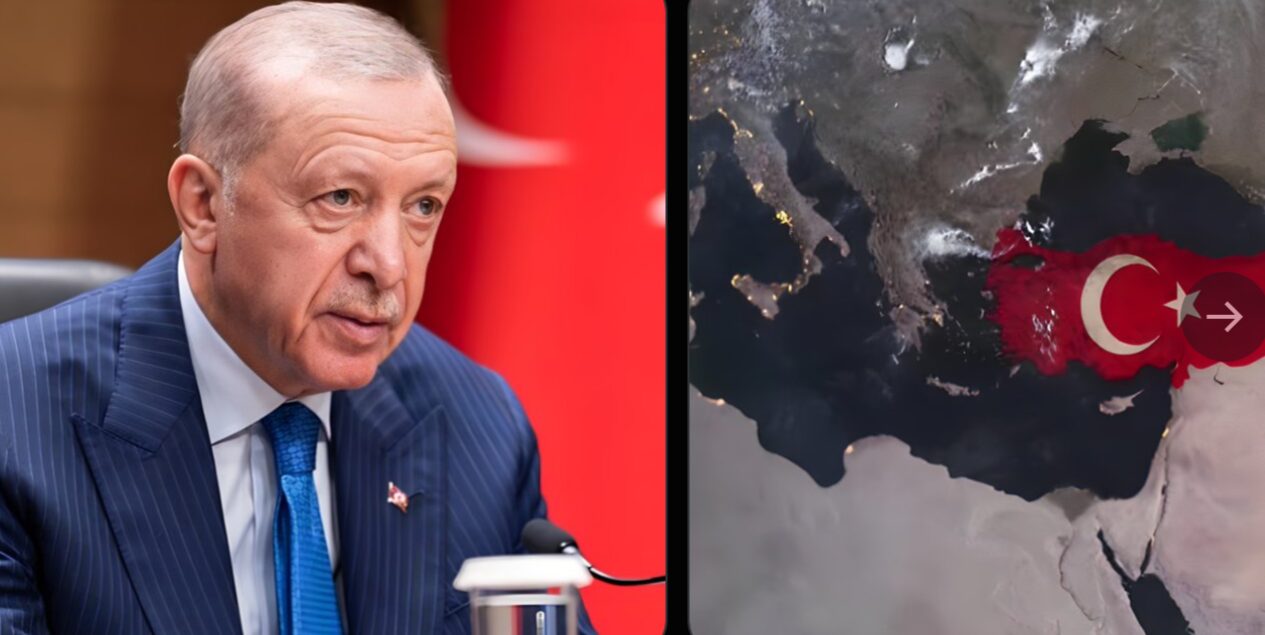


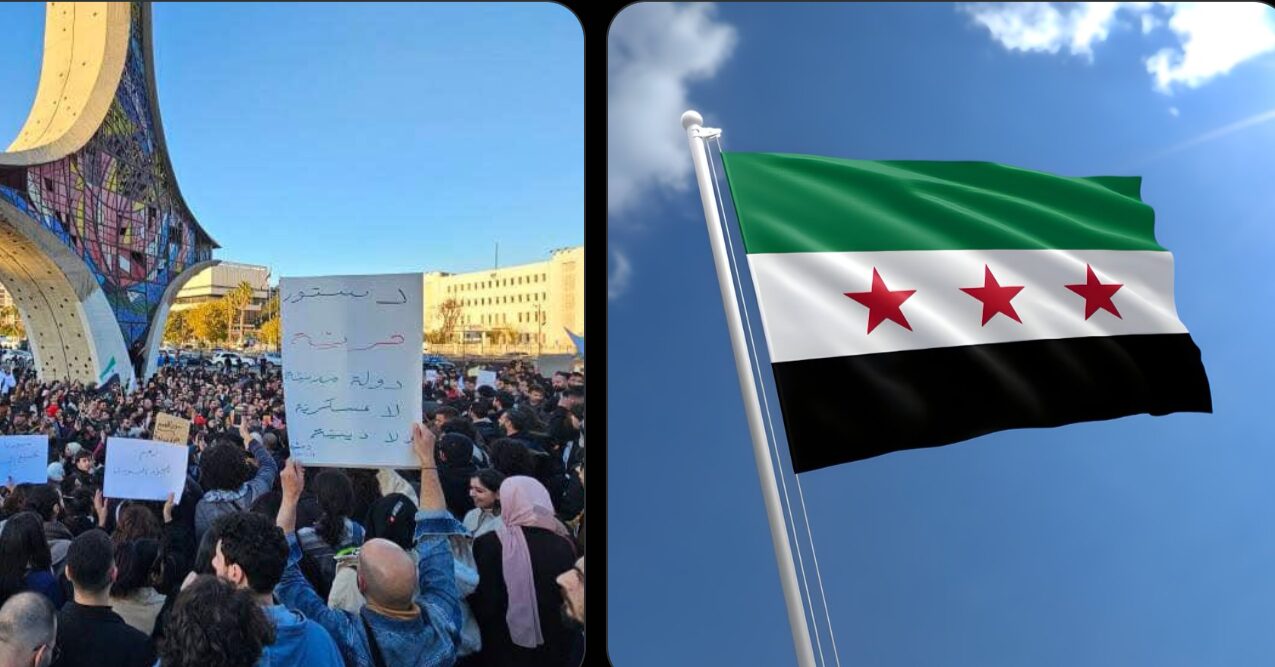


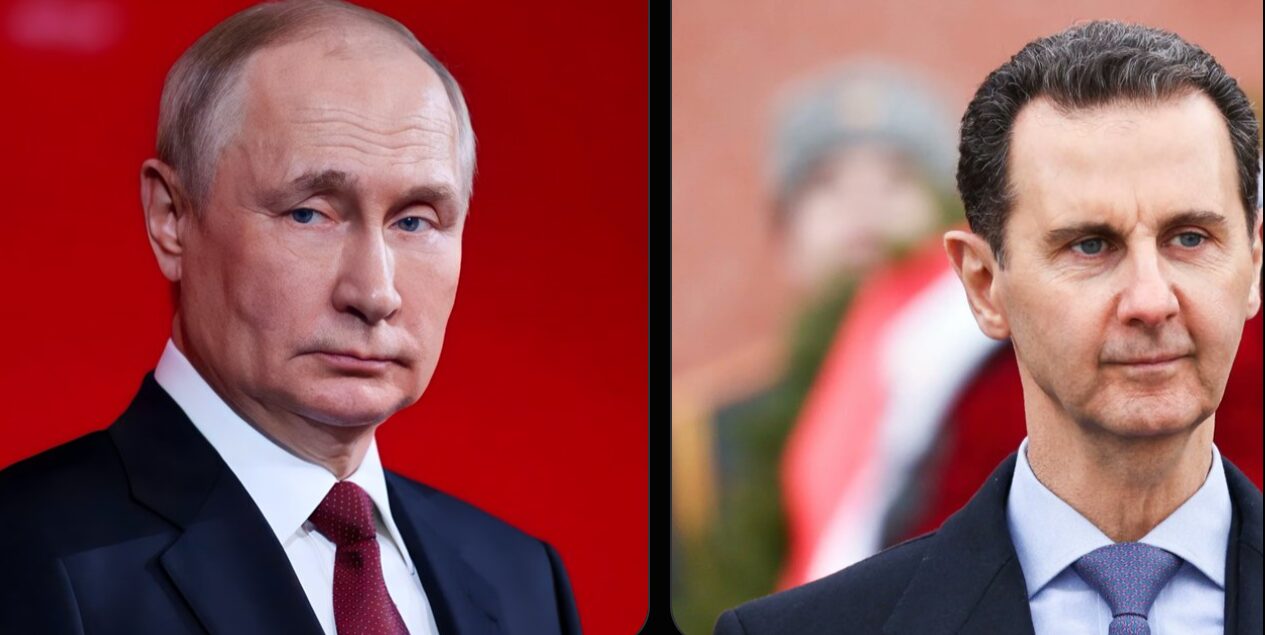
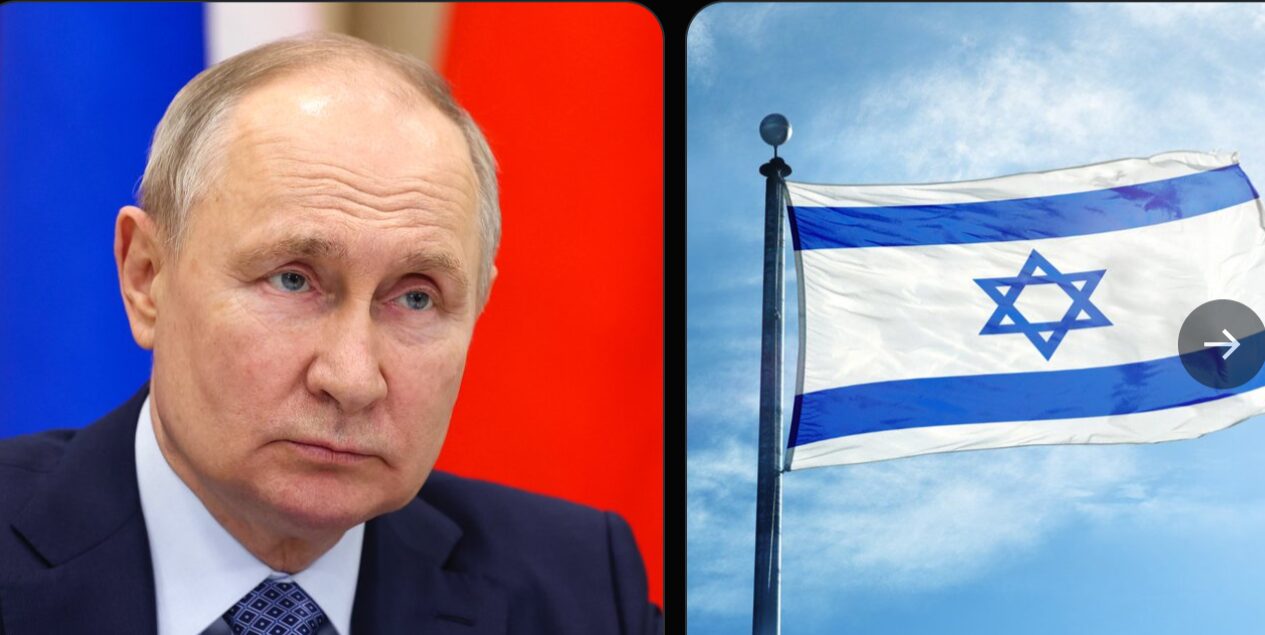








Post Comment